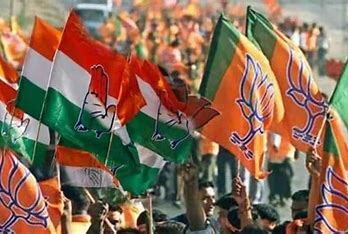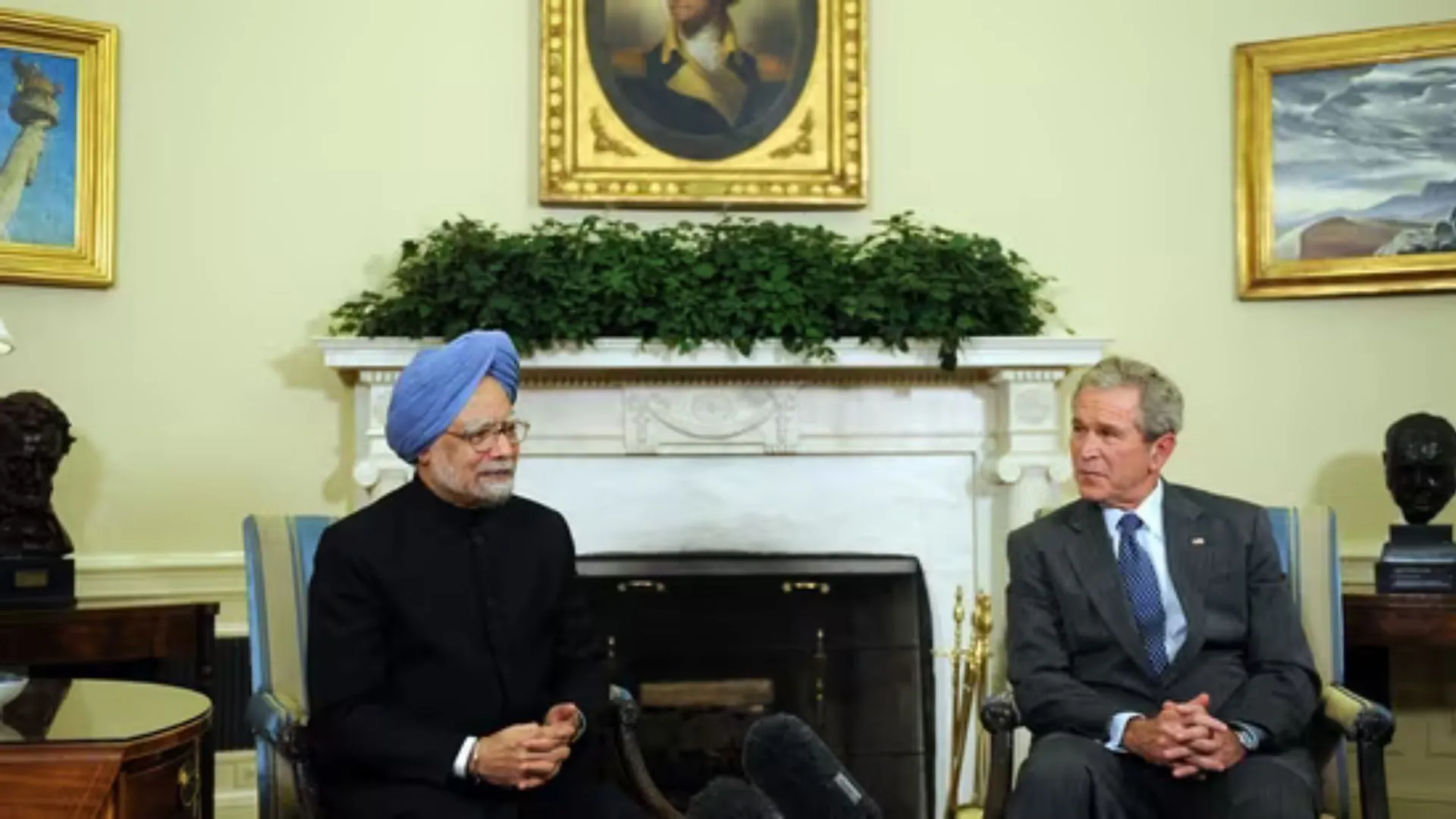Despite the Bharatiya Janata Party (BJP) winning a comfortable third consecutive term in Haryana, the Congress has claimed a moral victory by securing over 51% of the postal votes cast in the recent assembly elections. The Congress, which lost ground on electronic voting machines (EVMs), is now raising allegations of EVM manipulation, citing its significant lead in postal ballots. According to the Election Commission data, Congress bagged 51.7% of the postal votes, compared to BJP’s 34.89%.
The postal ballots, which accounted for just 0.57% of the total votes cast in Haryana, have become a political battleground for the Congress to challenge the BJP’s sweeping victory, alleging irregularities in counting of votes in EVMs. In a total of around 80000 postal votes, nearly 40000 were polled in favor of Congress, while the BJP garnered around 26700 votes. These ballots reflect votes from government employees on election duty, armed forces personnel, paramilitary forces, and essential services workers like firefighters and ambulance services, along with senior citizens and persons with disabilities.
In a striking revelation, Congress outperformed the BJP in postal ballots across 74 of the 90 assembly constituencies, even in several seats it ultimately lost. The party won more postal ballots than the BJP in 34 constituencies where it later fell behind on EVMs, fueling its claims of alleged “manipulation.” In contrast, the BJP led in only 16 seats on postal ballots, highlighting a stark disparity between the two modes of voting.
This discrepancy is not new. The Congress has consistently held an advantage in postal ballots, a trend observed during the 2024 Lok Sabha elections, where both parties won five seats each in Haryana. However, the Congress’s lead widened substantially in the 2024 Assembly polls, with the party gaining momentum through postal votes. In stark contrast, the BJP performed better in the traditional voting system through EVMs, securing 48 out of the 90 assembly seats, compared to Congress’s 37.
The Congress’s promise to restore the Old Pension Scheme (OPS) for government employees played a crucial role in securing a majority of the postal votes. The Old Pension Scheme, aimed at wooing government employees, may have succeeded in drawing postal votes, but Congress failed to convert that into a majority of EVM votes, leaving the BJP to consolidate its hold over the state’s politics.
This scheme, aimed at benefiting a large section of government employees, particularly resonated with those availing the postal ballot provision, a significant chunk of whom are state employees.
In addition, the postal vote results indicate the preferences of Haryana’s Jat community, many of whom are employed in government jobs. The Congress’s lead in postal ballots stands in sharp contrast to its overall electoral performance, where the BJP secured 39.94% of the total vote share (combining postal ballots and EVMs), narrowly edging out Congress, which captured 39.09%. This narrow margin in overall vote share did not reflect in seat distribution, with the BJP achieving a decisive victory.
The Congress is now pointing to this gap between postal and EVM votes as evidence of potential electoral discrepancies.
The Congress has intensified its review of election results in 13 Haryana assembly constituencies, where it faced defeats in 12 seats at the hands of the BJP and one by the Indian National Lok Dal (INLD). The seats under scrutiny include Uchana Kalan, Pataudi, Indri, Badkhal, Faridabad NIT, Nalwa, Rania, Palwal, Ballabgarh, Barwala, Gharaunda, Kosli, and Badshahpur.
Following an earlier complaint to the Election Commission (EC) about vote-counting irregularities in seven assembly seats, the Congress has now submitted an updated memorandum alleging anomalies in 13 seats. The BJP claimed victory in 12 of these constituencies, while INLD secured one. Among the 13 seats, 11 featured direct BJP-Congress contests, one saw an INLD-Congress battle, and one involved a BJP-Independent face-off.






















